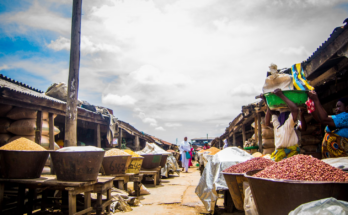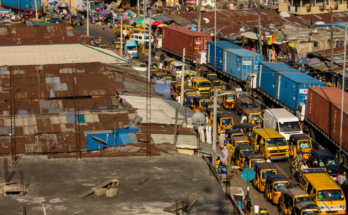In 2015, when he was elected president of Nigeria, Muhammadu Buhari made history in more than one sense.
It was the first time an opposition candidate assumed the helm peacefully.
And to top it, the former general — who had taken power by force a good 30 years earlier only to be replaced in a another coup two years after that — embraced the democratic system, vowing to change Nigeria for the better. Indeed, the country was in desperate need of change.
Buhari came to power at a time when abductions and severe bombings were being reported daily, most often attributed to Boko Haram, the Islamist group that controlled large parts of northeast Nigeria. Suicide attacks were a new phenomenon in Nigeria. One such attack, in July 2014 in the northern city of Kaduna, targeted Buhari when he was an opposition leader, killing dozens of people.
As Buhari’s presidency draws to a close, Nigeria is yet again in a time of multiple crises.
Click for the full article at DW


